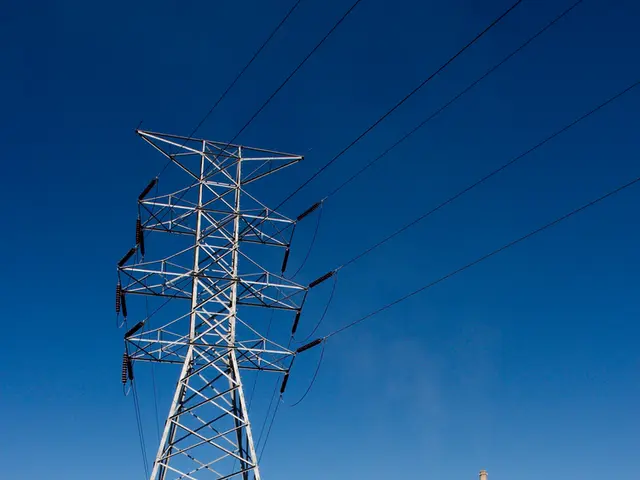Intelligent EV Charging Pilot Cuts Costs and Emissions by 62% and 36% Respectively
A groundbreaking pilot project by TransnetBW, Audi, and IE2S has successfully demonstrated intelligent charging of electric vehicles (EVs), promising significant savings and reduced emissions. The project, known as iSLP, uses decentralized flexibility to shift EV charging during periods of low electricity prices and high renewable generation.
The iSLP project has shown remarkable results. In simulations involving over 800 digital vehicles and practical tests with 20 real Audi electric cars, it reduced electricity costs for charging by 62% and CO2 emissions by 36%. This was achieved without the need for smart meters or dynamic electricity tariffs. The system analyzes usage profiles of EVs to determine available flexibility without compromising user comfort.
Vehicles are charged using favorable wholesale electricity prices, and flexibility is offered on the intraday market. Network operators compare actual electricity consumption with the standard load profile to bill the effects of intelligent charging precisely. In the long term, companies see potential in grid-supportive charging and providing reserve power through EVs to stabilize the power grid.
The project estimates potential savings of around two billion euros and one million tons of CO2 avoided per year by 2035. Transmission system operators such as 50Hertz and TenneT Germany are actively discussing reforms in grid operation to handle the flexibility of EV charging at the network level. Political and regulatory changes, including amendments to the Electricity Industry Act (EnWG) expected in 2025/2026, are also underway to better manage market changes and flexibility.
Read also:
- Standard Nuclear & Framatome Join Forces to Boost TRISO Fuel Production by 2027
- XPeng Boosts Leadership, Vienna's EV Interest Surges, Used EV Market Shifts
- Lieutenant Governor Kounalakis joins SoCalGas in unveiling the novel H2 Hydrogen Innovation Experience, a one-of-a-kind demonstration.
- California links 100,000 home storage batteries through its Virtual Power Plant program.








